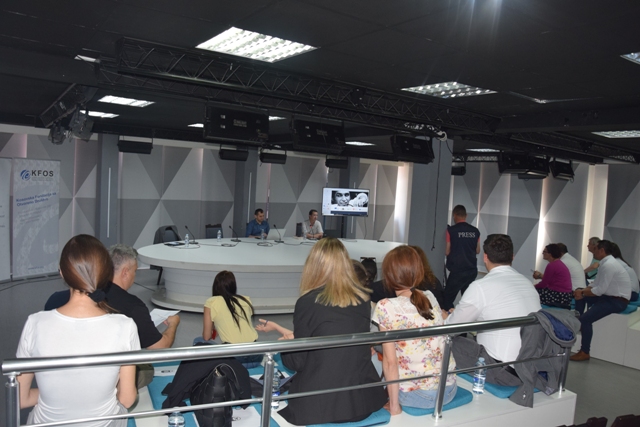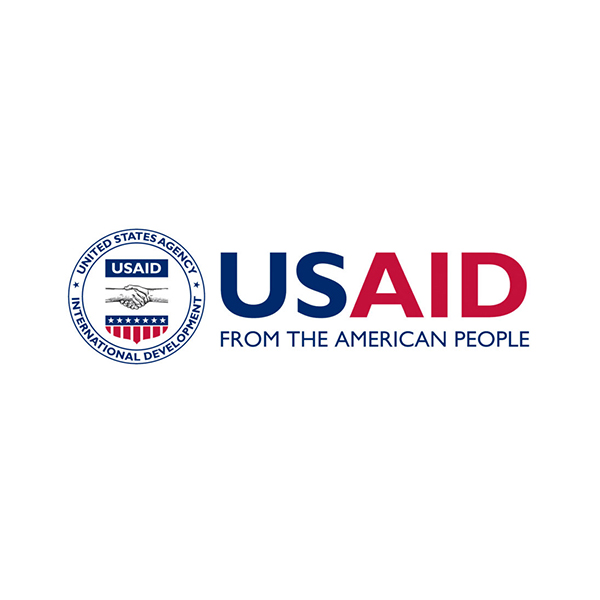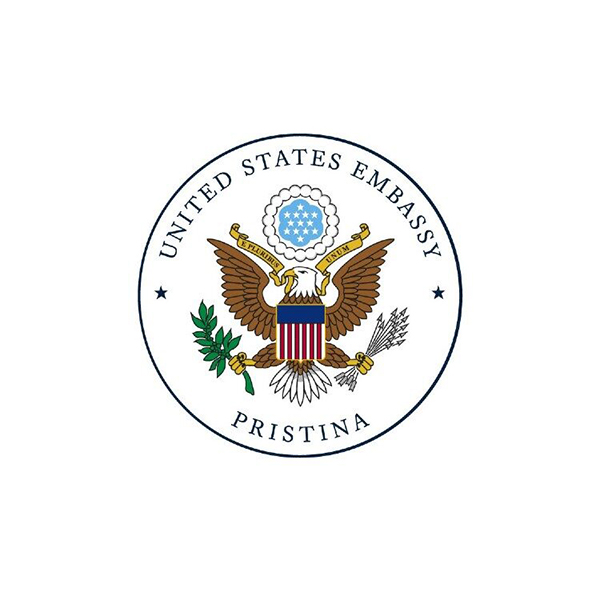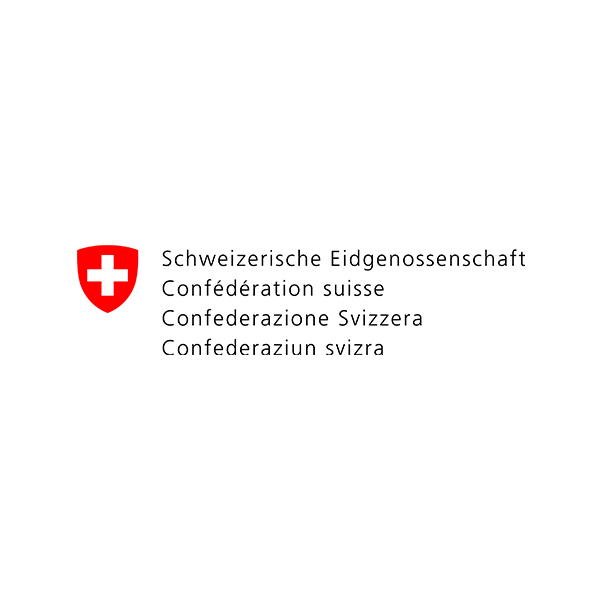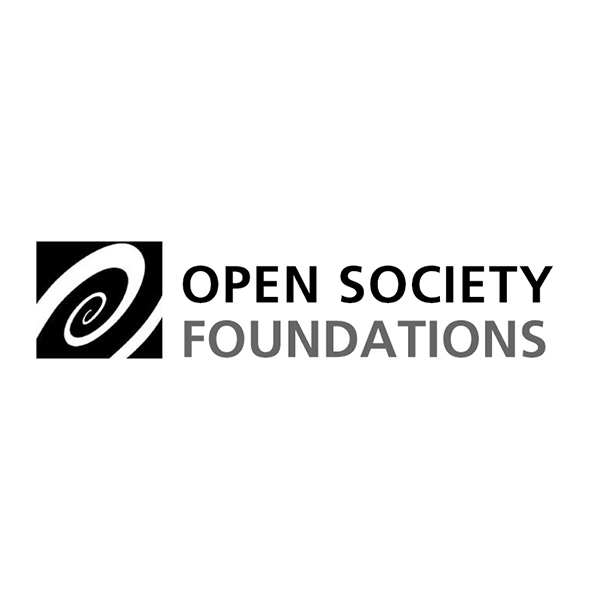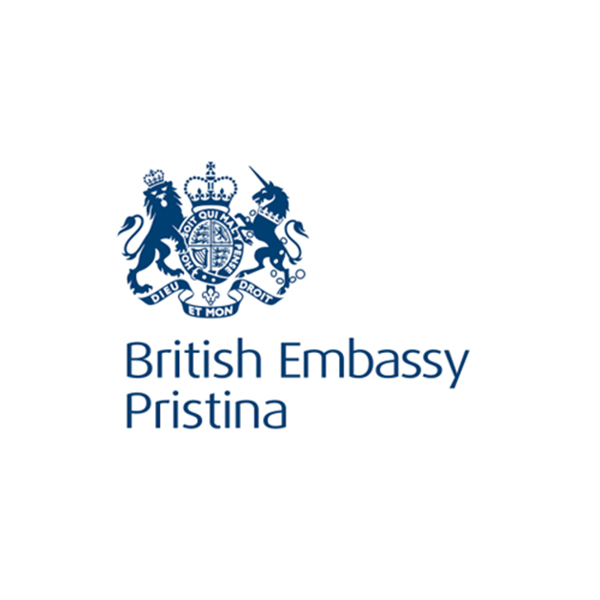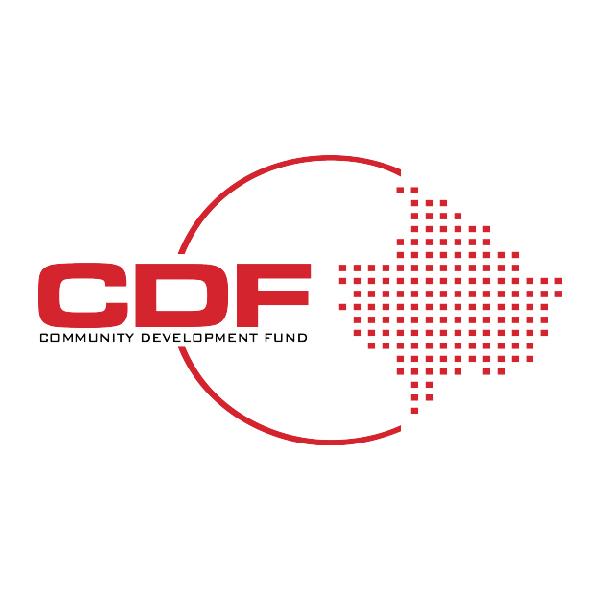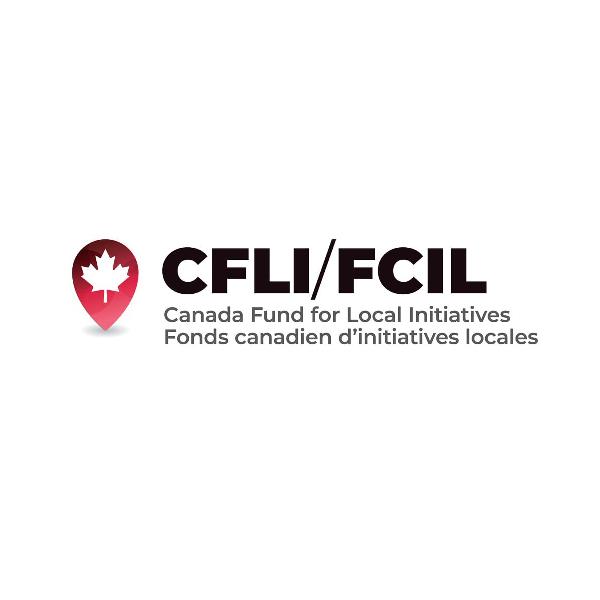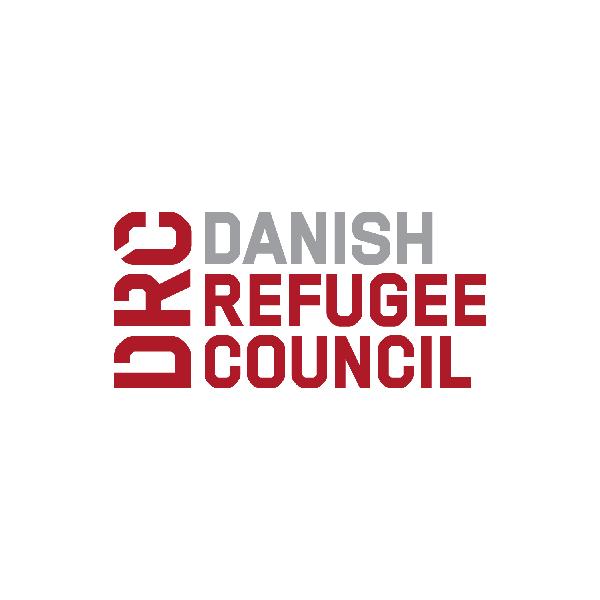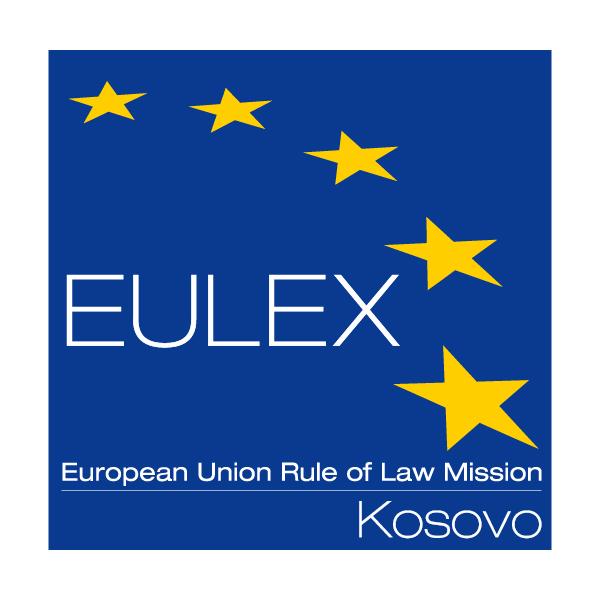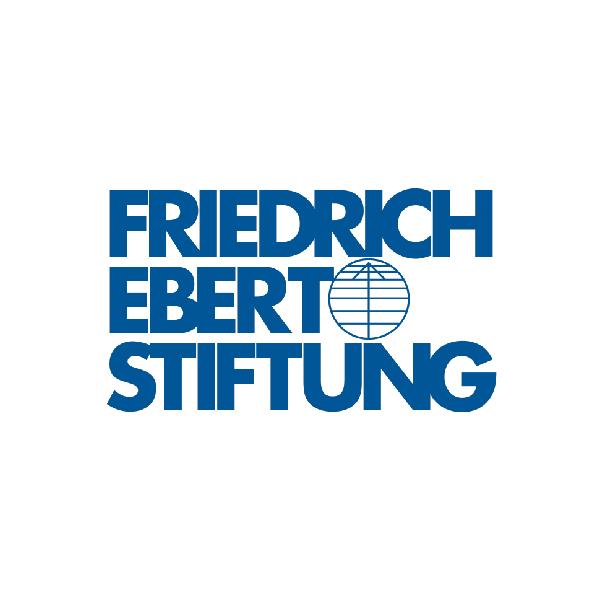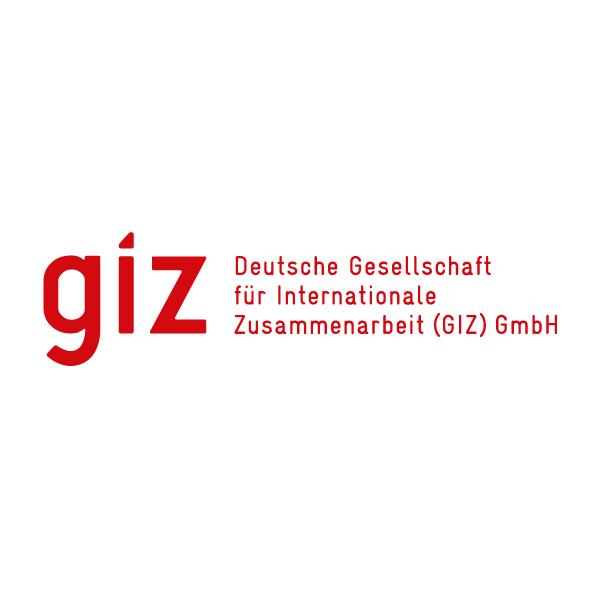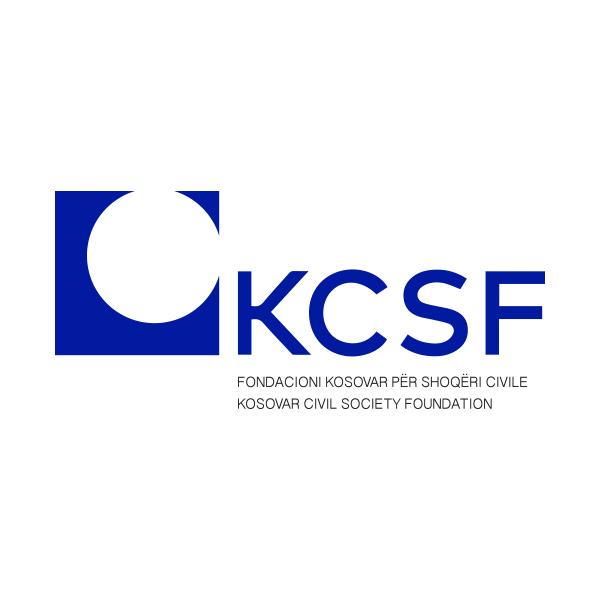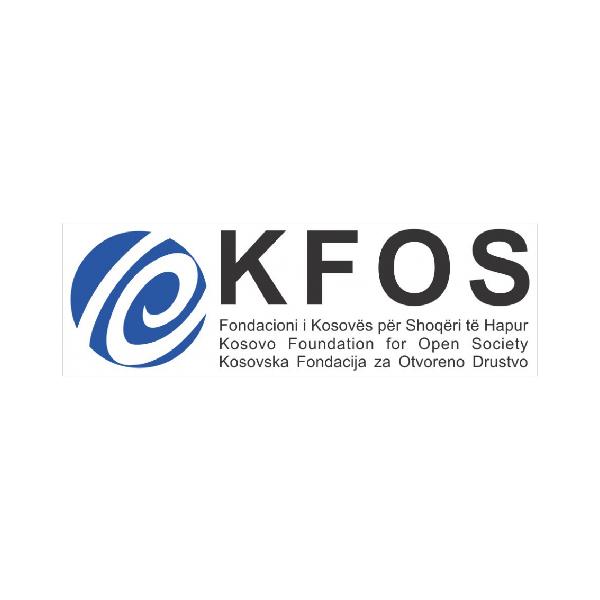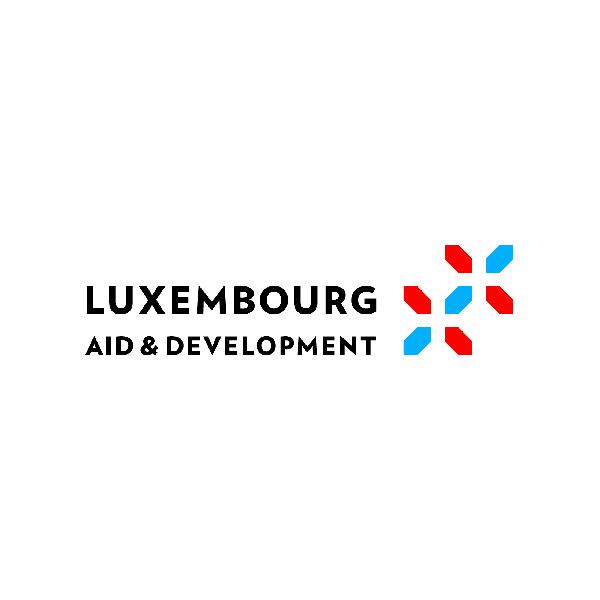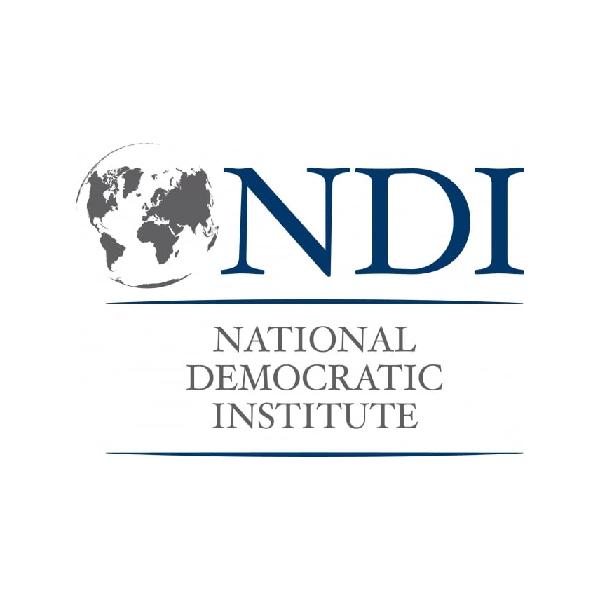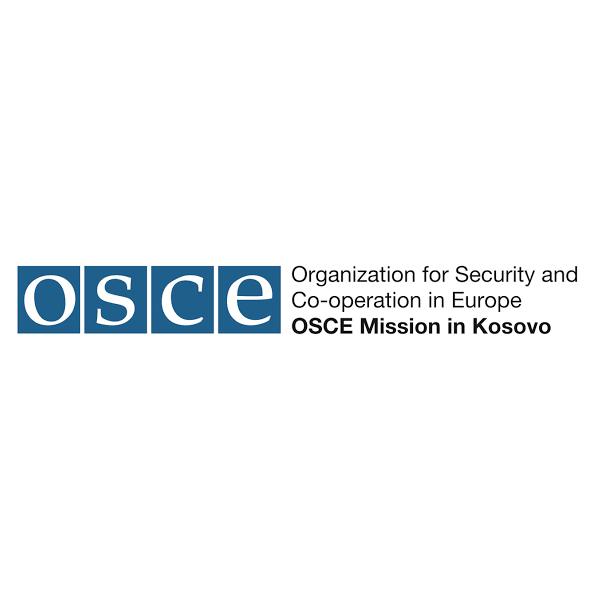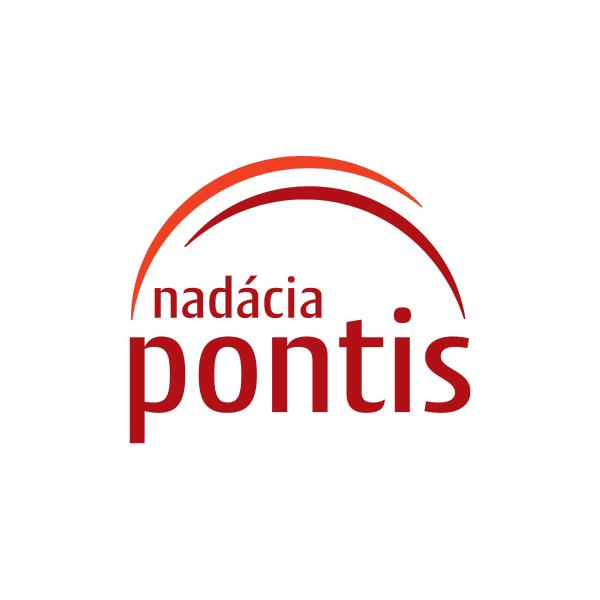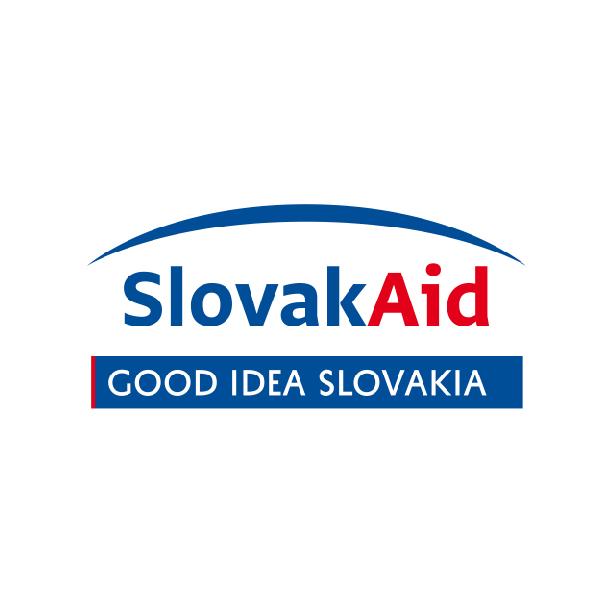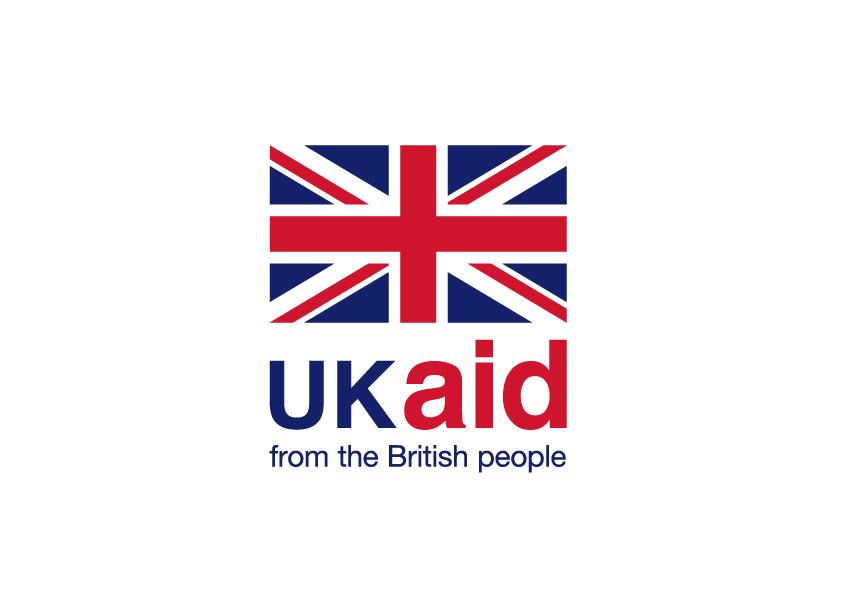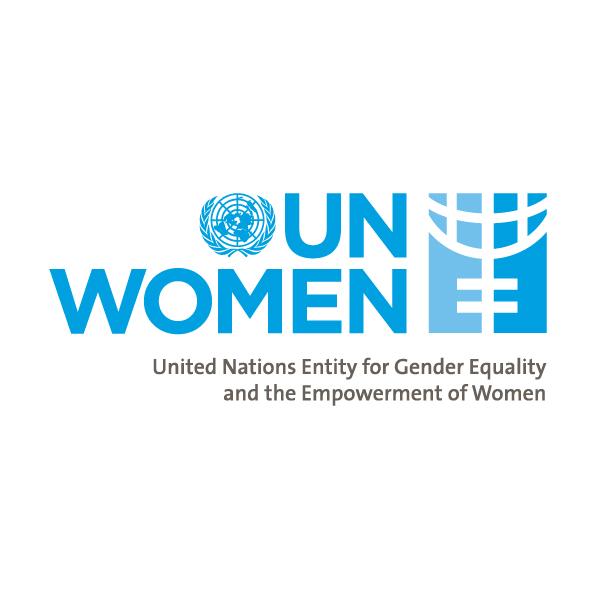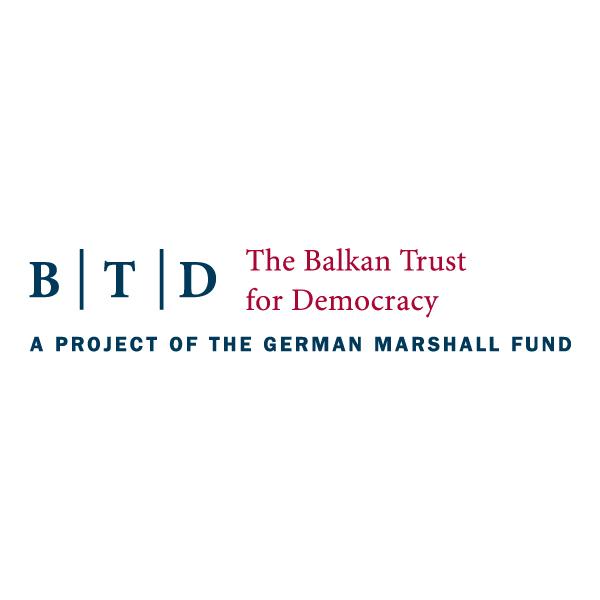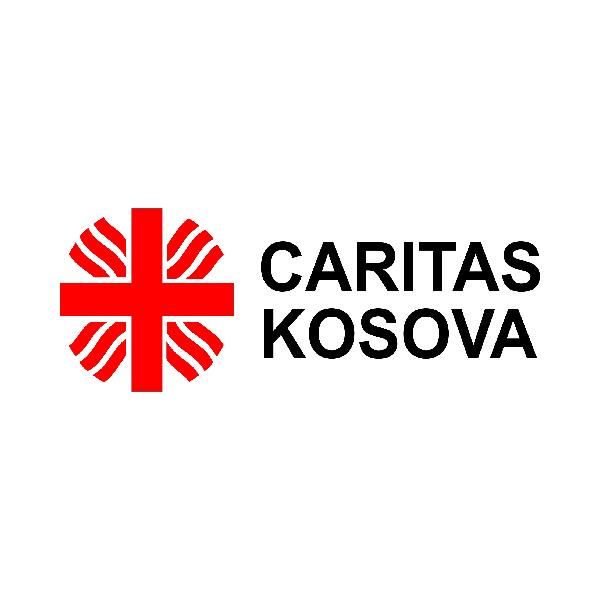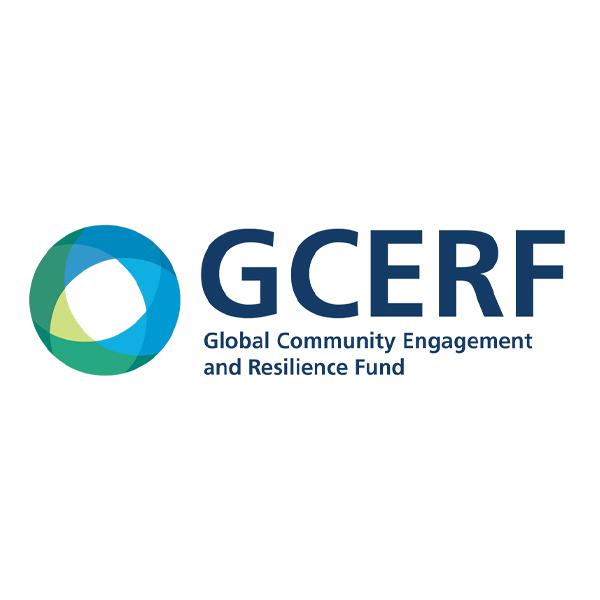Along with the Institute of Philosophy and Social Theory in Belgrade and the European Movement in Serbia, NGO Aktiv presented a new website entitled “Serbian-Albanian Friendship” at the event, held at the Civic Energy Center in North Mitrovica on Monday, the 16th of May.
The website was presented by its creators Aleksandar Pavlović and Filip Lukić. Aleksandar Pavlović, from the Institute of Philosophy and Social Theory, said that the trilingual site (Serbian, Albanian, English) contains an extensive internet database that provides visual, textual and documentary knowledge about Serbian-Albanian relations.
Pavlović said that the material includes fifty books on Serbian-Albanian relations, especially those that have an affirmative character or strive for reconciliation, and hundreds of publications from all aspects of the Serbian-Albanian relationship.
The website is a small library about Serbian-Albanian relations, from newspaper articles to academic papers, said Pavlović, who is also the author of the book “Imaginary Albanian”. In his introductory address, Pavlović assessed that in a situation where the media tends to portray Kosovo in a mostly negative light, the website was launched a few years ago with the aim of collecting content that would present the Albanian-Serbian friendship.
“We have collected the works of people who have written in recent decades, and those who form inviting topics, because we want to promote those voices that have a certain positive connotation about Serbian-Albanian relations”, said Pavlović.
Along with the promotion of the site, a panel discussion on the “Shared life of Serbs and Albanians through the eyes of local activists and observers” was held, where Miodrag Milićević, director of NGO Aktiv, Nora Ahmetaj, founder of the Center for Research, Documentation and Publications and Bekim Blakaj, Executive Director of the Fund for Humanitarian Law Kosovo spoke.
The panelists pointed out that the two sides live in two different narratives, and stressed the necessity for all societal actors, especially political elites, to foster a culture of dialogue. According to Milićević, the new site “Serbian-Albanian Friendship” is a quality material that can be used especially today in times that are not promising in terms of general dialogue.
It is “a glimmer of hope in the perception of the existing reality”, he said.
He added, the other side of Kosovo is rarely heard and seen in the public and in the media.
“When you look at the media, positive stories are in the spotlight, no one pays attention because the topics dictate the need to sell content. On the other hand, positive stories also go unnoticed by the general public because on a daily level you have a flood of other news, hate speech. This is the inability or failure of political elites to demonstrate the policy of a culture of dialogue in public space”, Milićević pointed out.
Representatives of the civil society assessed that there is a shared life between the two communities, but it is not widely discussed within the media and general public, and that ignorance deepens the ethnic distance.
Nora Ahmetaj stated that there is a lack of joint and positive stories from the life of the two communities.
“I do not see a common point or story to be covered by the media, because we are poisoned by political debates. The question is how much we really live together, whether it is really true to share our values, whether we know enough about each other”, Ahmetaj said.
The Executive Director of the Humanitarian Law Center of Kosovo, Bekim Blakaj, welcomed the new portal on Serbian-Albanian relations and pointed out that this is important content at a time when there are tensions in relations between the two sides.
“I think it is very important that those who are interested, especially young people, have a source of information about Serbs and Albanians, especially about relations throughout history,” said Blakaj, adding that the media still has a role that is not the most positive.
“We know what role the media played in the past during the conflicts and disintegration of Yugoslavia, and because of that they could be responsible as they contributed to strengthen prejudices. “Even today, both sides are still viewed through an ethnic prism, although there are media that are trying to inform the public in the right normal way,” said Blakaj.
About the site “Serbian-Albanian friendship”
The website is a part of the project Advancing Serbian-Albanian Friendship, implemented by NGO Aktiv, in partnership with the Institute for Philosophy and Social Theory from Belgrade and European Movement in Serbia, with support by the Swiss Embassy in Prishtina.
The website “Serbian-Albanian Friendship” hosts a rich, open-access internet database that provides textual, visual and documentary knowledge on Serbian-Albanian relations, and contains material in Serbian, Albanian and English, containing:
• Around 50 books about Serbian-Albanian relations, particularly those that have an affirmative or reconciliatory character;
• Several hundred individual articles written by some 50 authors from all fields and aspects of Serbian-Albanian relations;
• Video database containing the interviews with some 15 prominent Serbian and Albanian intellectuals and local activists, who offered their views on the topics regarding the possibilities of historical reconciliation, friendship and improving cooperation between Serbs and Albanians;
• A voluminous material of some 500 news and media entries covering the topic of Serbian-Albanian dialogue, publicized in Serbian and English in the last 5 years;
• Various archival material, like well-known documentaries and/or plays or movies, public figures living in both sides, links to important joint projects and CSOs and the like.
“This website offers many examples of friendship, cooperation, joint research, interviews, educative material on Serbian-Albanian relations, documents and articles of common interest and other related material that we purport to popularize and make widely accessible”, it is said by NGO Aktiv and Institute of Philosophy and Social Theory.



